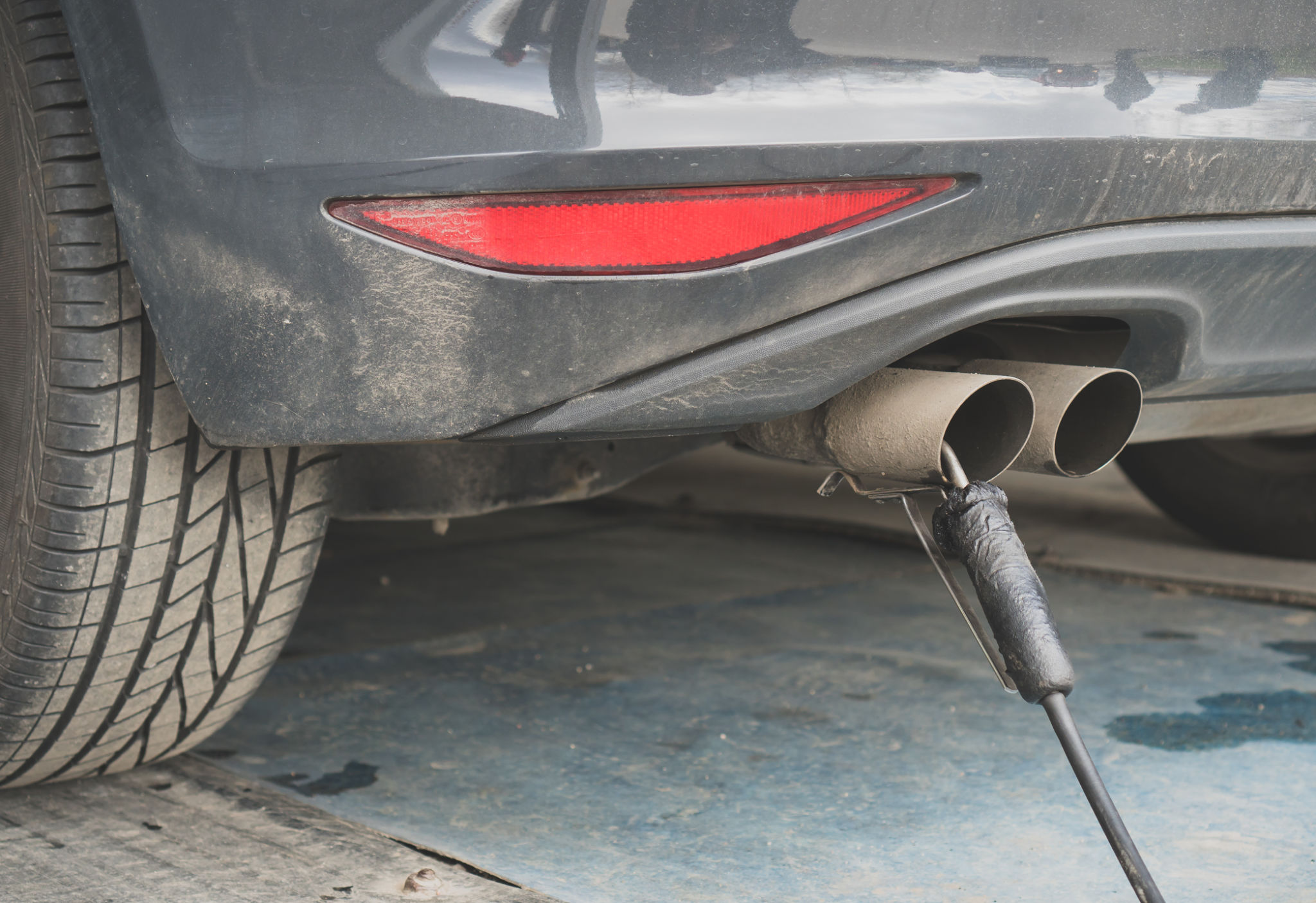AdBlue Solutions Explained: Maintaining Your Vehicle's Emissions System
JG
Understanding AdBlue and Its Role in Emissions Control
With increasing emphasis on reducing vehicle emissions, many drivers are turning to solutions like AdBlue to help meet stringent environmental standards. AdBlue is a solution made of urea and deionized water, designed specifically to reduce the harmful emissions produced by diesel engines. It plays a crucial role in the Selective Catalytic Reduction (SCR) system, which is now a standard in many diesel vehicles.
The primary function of AdBlue is to convert harmful nitrogen oxides (NOx) in the exhaust gas into harmless nitrogen and water vapor. This transformation is critical in ensuring that vehicles comply with the Euro 6 emissions standards, which aim to minimize pollutants in the atmosphere.

How AdBlue Works
The process begins when AdBlue is injected into the exhaust stream of a diesel vehicle. Upon injection, it reacts with NOx gases over a catalyst, breaking them down into nitrogen and water. This chemical reaction is vital for reducing the environmental impact of diesel engines and improving air quality.
It's important to note that AdBlue is not a fuel additive. Instead, it is stored in a separate tank within the vehicle and only comes into play during the exhaust process. This separation ensures that the engine's performance remains unaffected while still achieving emissions reduction.
Maintaining Your Vehicle's AdBlue System
Proper maintenance of your vehicle’s AdBlue system is essential for optimal performance. Here are some tips to keep in mind:
- Regularly check your AdBlue levels: Most vehicles have an indicator light that alerts you when levels are low. It's crucial to refill promptly to avoid any disruptions.
- Use only high-quality AdBlue: Ensure that the product you use meets ISO 22241 standards to prevent damage to your SCR system.

Consequences of Ignoring AdBlue Refill
Failing to maintain adequate AdBlue levels can lead to significant issues. Most modern vehicles are equipped with sensors that will restrict engine performance if the AdBlue tank runs dry. Such restrictions might include reduced power output or even preventing the engine from starting.
Moreover, neglecting AdBlue refills can result in costly repairs. The SCR system relies heavily on the presence of AdBlue to function correctly, and running without it can cause damage over time.
Environmental Benefits of Using AdBlue
The implementation of AdBlue solutions extends beyond compliance with regulations; it also contributes significantly to environmental conservation efforts. By reducing NOx emissions, vehicles equipped with SCR systems help decrease smog formation and acid rain, promoting cleaner air for everyone.

Choosing the Right AdBlue for Your Vehicle
When selecting AdBlue, it's essential to choose a reputable brand that meets industry standards. Poor quality or contaminated AdBlue can lead to malfunctions in your SCR system, which may result in expensive repairs or replacements.
Always consult your vehicle's manual or manufacturer for specific recommendations regarding AdBlue types and fill levels. This ensures compatibility and helps maintain your vehicle’s efficiency and emissions compliance.
The Future of Emissions Control
As environmental regulations continue to evolve, the role of solutions like AdBlue will become even more critical. Advancements in technology promise more efficient systems that can further reduce emissions and improve overall air quality.
Staying informed about these developments and maintaining your vehicle’s emissions system will not only help you comply with regulations but also contribute positively to environmental sustainability.
